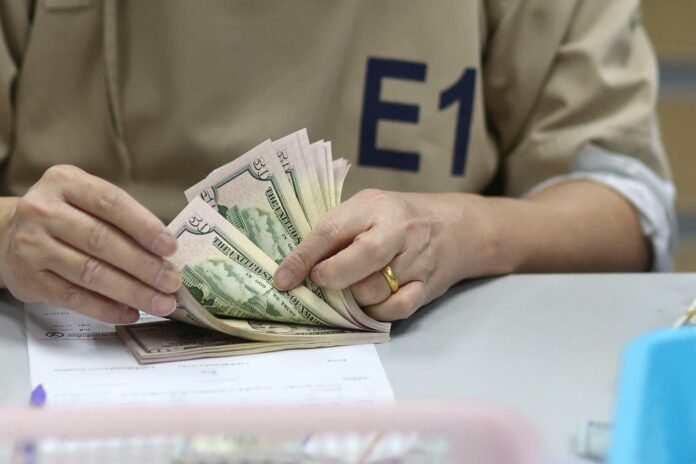The financial markets opened this week with sharp moves across major assets. Investors lose confidence in the dollar as President Trump criticized the Federal Reserve again. U.S. stock futures dropped, and the dollar index fell to its lowest point since January 2024.
National Economic Council Director Kevin Hassett said Trump may consider firing Fed Chair Jerome Powell. That comment rattled traders and triggered widespread dollar selling. Every major global currency gained against the U.S. dollar on Monday.
Meanwhile, gold soared to a record high. As expected, the inverse relationship between gold and the dollar held strong. Safe-haven currencies like the yen and the Swiss franc also jumped. The euro reached its highest level in three years.
Trump’s frustration with high interest rates continues to worry markets. He recently wrote that Powell’s removal “cannot come fast enough.” Such remarks have raised concerns over the Fed’s independence. Analysts warn that undermining the Fed risks politicizing U.S. monetary policy.
Christopher Wong, a strategist in Singapore, said firing Powell would destroy market confidence. Investors lose confidence in the dollar when political pressure threatens central bank credibility. If this narrative gains momentum, risk premiums on U.S. assets may rise further.
Treasuries slipped and stock markets in Asia declined. Japanese indexes dropped more than 1%. Bloomberg’s Dollar Spot Index lost 0.9% on Monday alone, after a 0.7% fall last week. Meanwhile, investors seek diversification due to growing trade tensions and currency instability.
According to Maybank’s Rachana Mehta, Asian investors are converting U.S. deposits into other assets. Deutsche Bank confirmed Chinese clients have started favoring European debt over U.S. Treasuries.
Investors lose confidence in the dollar, searching instead for stable investments like Japanese bonds, gold, and European securities. As trade negotiations with China, Japan, and the EU develop, markets remain highly sensitive. Any further political disruptions may deepen these global financial shifts.
For more business updates, visit DC Brief.


